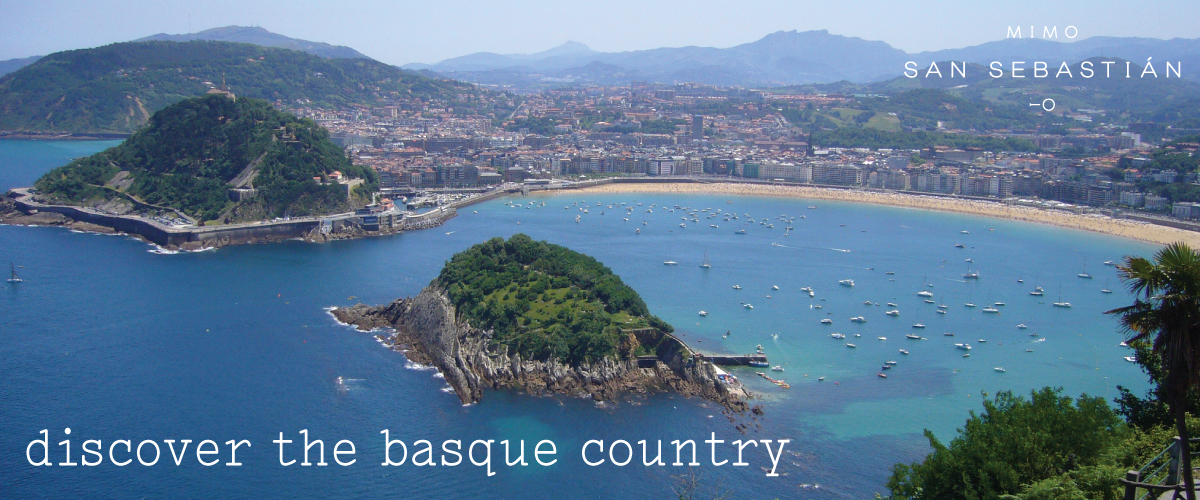The Basque Country’s culture is rich in tradition and modern ingenuity. Like the many rivers that flow from mountain to sea, the land seems to flow with the ripples of improvised poetry, folk dance and a diverse spectrum of music. The rural games of stone lifting and wood chopping draw crowds, and people gather around grassroots movements that reflect many historial issues, as they did in forming a human chain from near right here at the site of the Durango Fair to the city where the bulls run (Durango to Pampalona-Irunea). It seems there is always a reason for a festival or a cultural event here. And this first week of December is no exception.
For five days, the Durango Fair boasts books, music and other media in the Basque language, gathering people from all corners, a 150,000 person crowd milling around the book stalls in the town that has lent its name to many other towns around the world.
Over a glass of beltza red wine and a pintxo my Catalunyan journalist friend from the popular online magazine VilaWeb shares with me what he sees on the horizon for this corner of Europe. With Catalunya headed for an exodus from this kingdom, the Basque Country waits for the outcome. Yet amidst the uncertainty, there is certainty: the Basque culture thrives in the language rebirth that began after the fall of Franco, who banned the Basque languageand anything else that might break up the kingdom.
I walked around the grounds of the book fair that began in that not-so-distant era, talking to Basque people about their history, culture and arts, and here are some of the reasons that Basque culture has moved beyond survival to revival in the midst of politcal polarisation.
1) Love for their language. I enjoy English literature and media, yet except for my lively English teacher Mr. Waterhouse I cannot recall an English speaker passionately expounding upon an English saying. Any Basque speaker will unabashedly explain the history and inner-workings of a seemingly ordinary word, offer in-depth explanations of songs, poems or bertxo improvised poetry, and patiently wait for a Basque language learner to form a sentence. Bertso competitions are attended en mass quite like a plaza de toros or a football match, and there are dozens, maybe hundreds, of songs that every Euskalduna will know and take with them wherever they go.
2) Valuing community. The Kuadrilla social structure ensures everyone has someone to lean on, opposing the triumph of individualism by bringing community to the heart of life while recognizing individual uniqueness. At a wedding recently, looking out over Donostia-San Sebastian, the Aurresku Basque dance was given as a gift and a memory to the married couple, honouring their commitment to each other and their loved ones.
3) Tradition meets innovation. A popular restaurant uses this slogan for their delicious melting of traditional Basque food with modern tastes, which is typical of the Basque twist in all they do. Wave Garden was created by a few Basque engineers taking traditional surfing inland to create a new sport. The fishermen’s boats and equipment have changed, but the Basque still dry and eat codfish like they did a thousand years ago. The Basque people explore and experiment. And their culture thrives because they do.
Electric Txalaparta here at @durangoko_azoka #50DA A video posted by Jonathan McCallum (@jonamccallum) on
A photo posted by Jonathan McCallum (@jonamccallum) on
Below Photo of Olatz Zugasti by Txelu Angoitia


